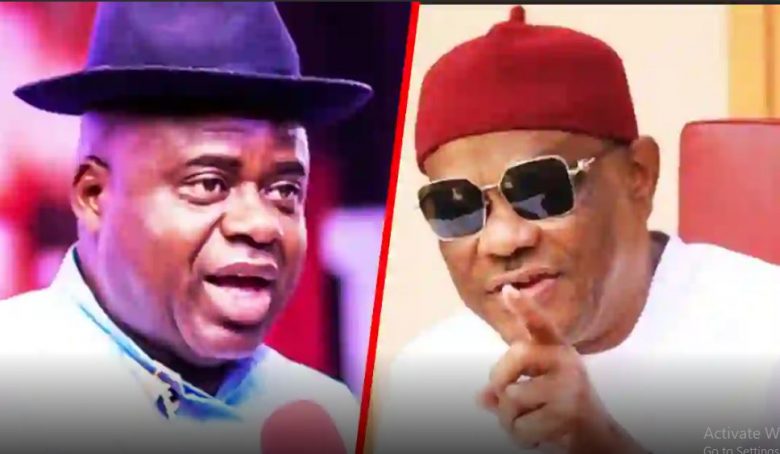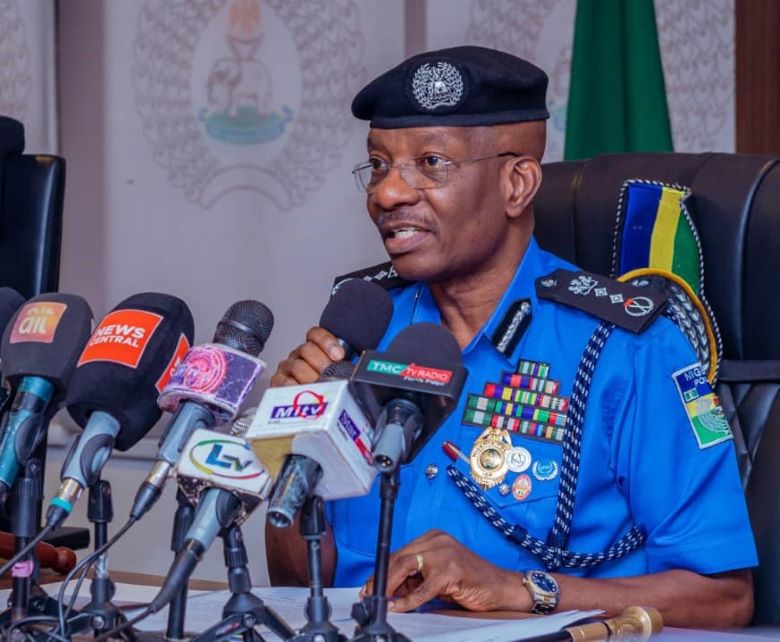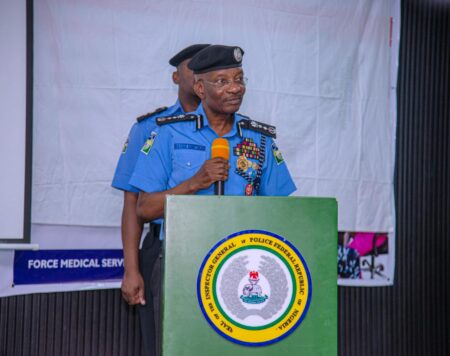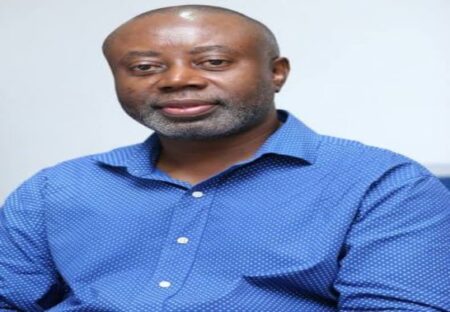By Myvonne Azibato Paul
In Nigeria’s ever-animated political theatre, some names are synonymous with noise, conflict, and grandstanding. Public figures whose most potent currency is drama.
They dominate the headlines not for the brilliance of their governance but for their knack for staying loud. Their politics is one of muscle, media, and momentary dominance, performative and fleeting.
But history is never kind to noisemakers. It listens, instead, for the enduring whisper of substance.
That is the reason the contrast between the immediate past Governor of Rivers State and current Federal Capital Territory Minister, Nyesom Wike, and Senator Douye Diri, the Governor of Bayelsa State, is not only striking but also instructive.
While Nyesom Wike thrives in daily media spectacles, trading barbs and inciting political unrest, Governor Diri has remained calmly focused on the business of governance. He has neither attempted to out-shout critics nor inflate his achievements with over-hyped ceremonies. Instead, he has let his work speak for him. In a political clime where quietness is mistaken for inaction and humility is seen as passivity, Diri has denounced the norm, proving that dignity is not a liability but a leadership asset.
Since assuming office on February 14, 2020, Governor Diri has made strategic progress in infrastructure, education, healthcare, youth empowerment, and institutional reforms in Bayelsa. He has restored stability in his state, albeit in a region that, historically, has witnessed tensions. His calm, calculating approach to governance has brought a level of peace and continuity rarely associated with the Niger Delta. Yet, there has been no parade of sycophants. No weekly war of words. There’s no desperate need to trend. And therein lies his genius.

Compare this to the troubling pattern we see in neighbouring Wike’s Rivers State: a former state chief executive now occupying a federal role but still clinging desperately to the spotlight. This figure has become a case study in political overexposure. Having long abandoned the decorum expected of elder statesmen, Wike now thrives in confrontation, seeking to remain relevant not by contributing meaningfully but by being needlessly troublesome.
His legacy risks being remembered not for development or transformation but for his constant need to remind everyone he once wielded power.
When he aims Diri during televised outbursts, the contrast is laid bare. One seeks headlines. The other seeks progress. One rules through noise. The other leads through calmly.
This difference is further highlighted in recent political successions. In Akwa Ibom State, for instance, when Governor Umo Eno was endorsed and supported by his predecessor, Mr. Udom Emmanuel, he demonstrated deep humility by kneeling in public before the latter. What resonated from the trending picture was a moment that communicated gratitude, submission, and continuity. Since then, Akwa Ibom has known peace. There has been no public feud nor media-fuelled civil war. Just governance.
Contrast that with the stormy political environment in Rivers, where Wike’s predecessors and successors have become scapegoats of his puerile verbiage. Where, instead of respect, they are dressed down in public. Where the handover of power is accompanied by strings and not supported.
What does this say about our political culture? Clearly, we must rethink what makes a good leader. Is it volume or value? Is it a public display or a quiet delivery? Is it the headlines or the legacy?
Those who continue to spread inflammatory commentary like excited town criers that just discovered microphones must ask themselves, what bar are we really trying to raise? There is a difference between speaking up for justice and speaking up for attention. Many of these voices, regurgitating the rhetoric of the loud, are driven not by principle but by praise addiction, mischief and borrowed anger.
Leadership is not noise. It is not swagger. It is not revenge speeches disguised as media chats. Leadership is the capacity to inspire, unify, and govern — even when the cameras are off.
Governor Douye Diri embodies this principle. He may not dominate trending hashtags, but his people know peace. He may not throw daily verbal jabs, but his administration is delivering. He may not kneel in public, but he walks in honour.
Those who confuse his restraint and gentle disposition for weakness would do well to consider that the loudest person in the room is rarely the wisest. Nigeria has had enough of volume; it is time we embraced vision.
Let it be said that in an era of performative politics, one man chose quiet service over noisy self-promotion. And that, in the end, made all the difference.








